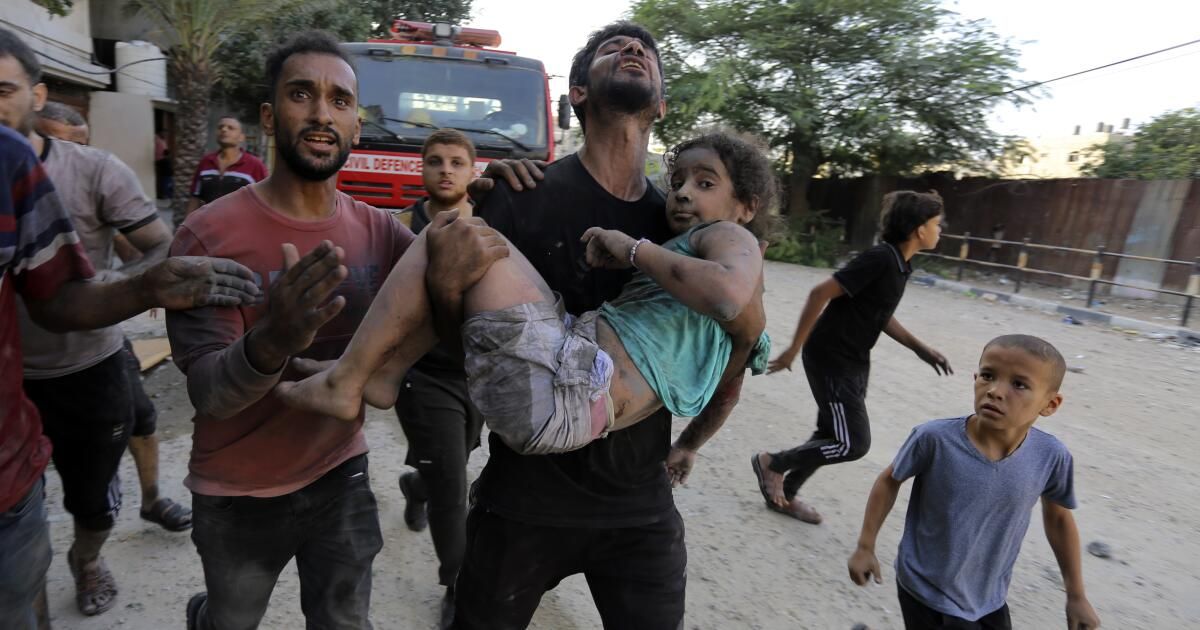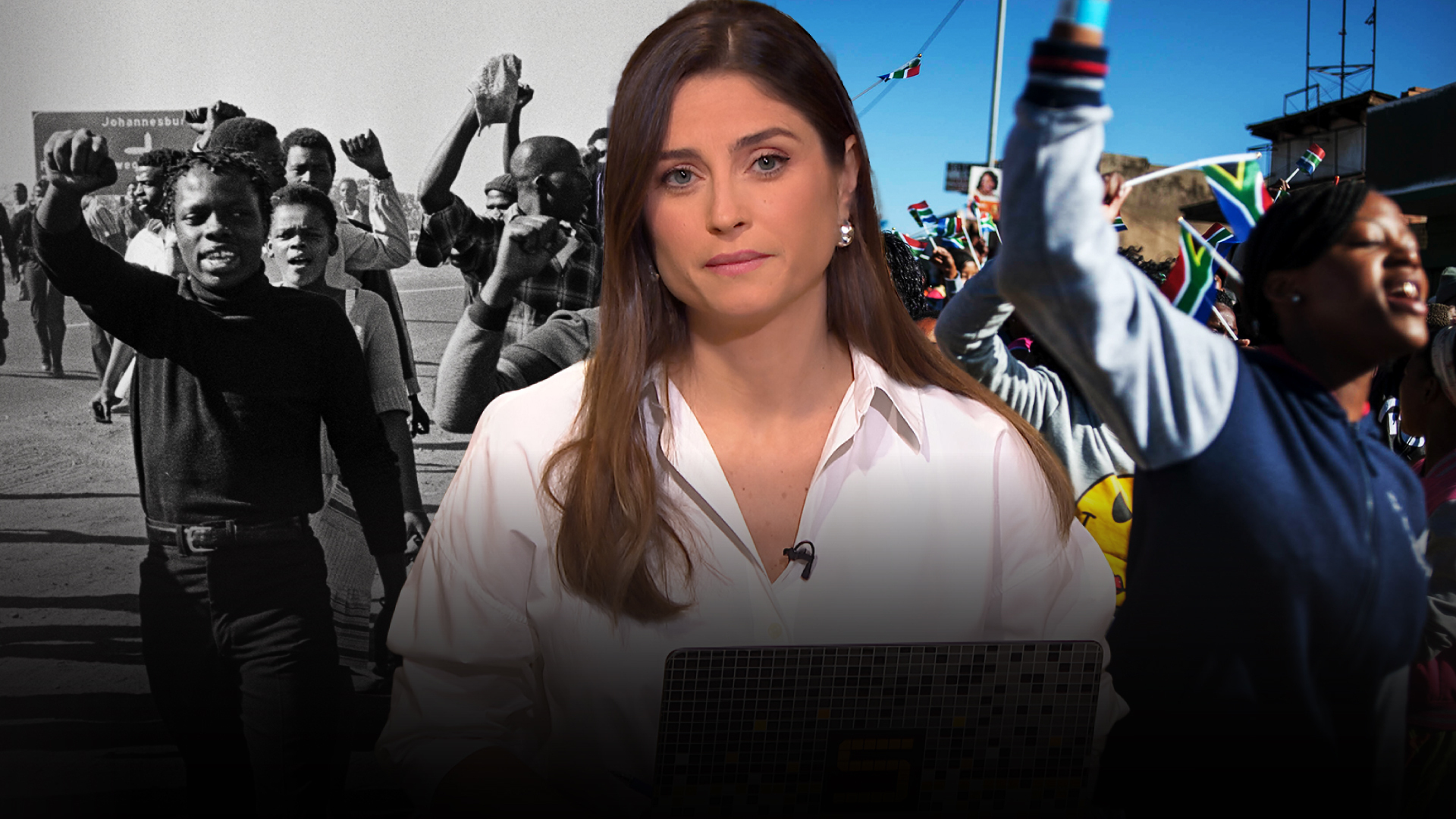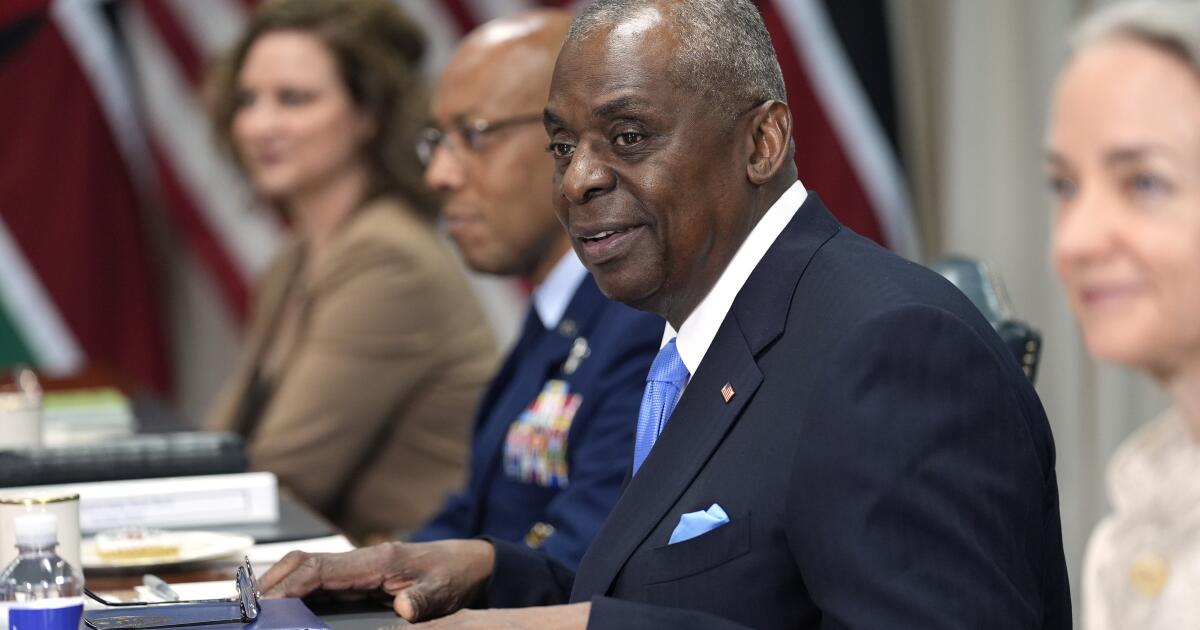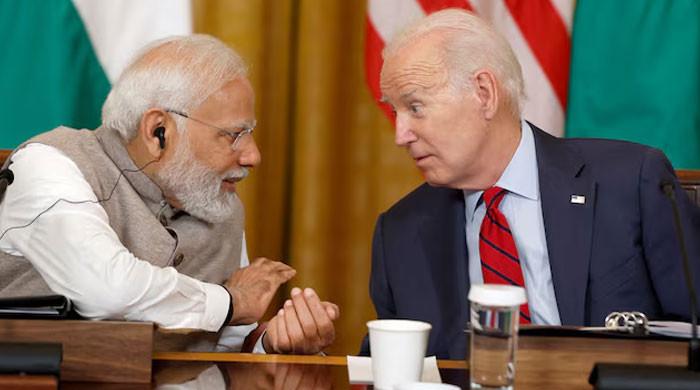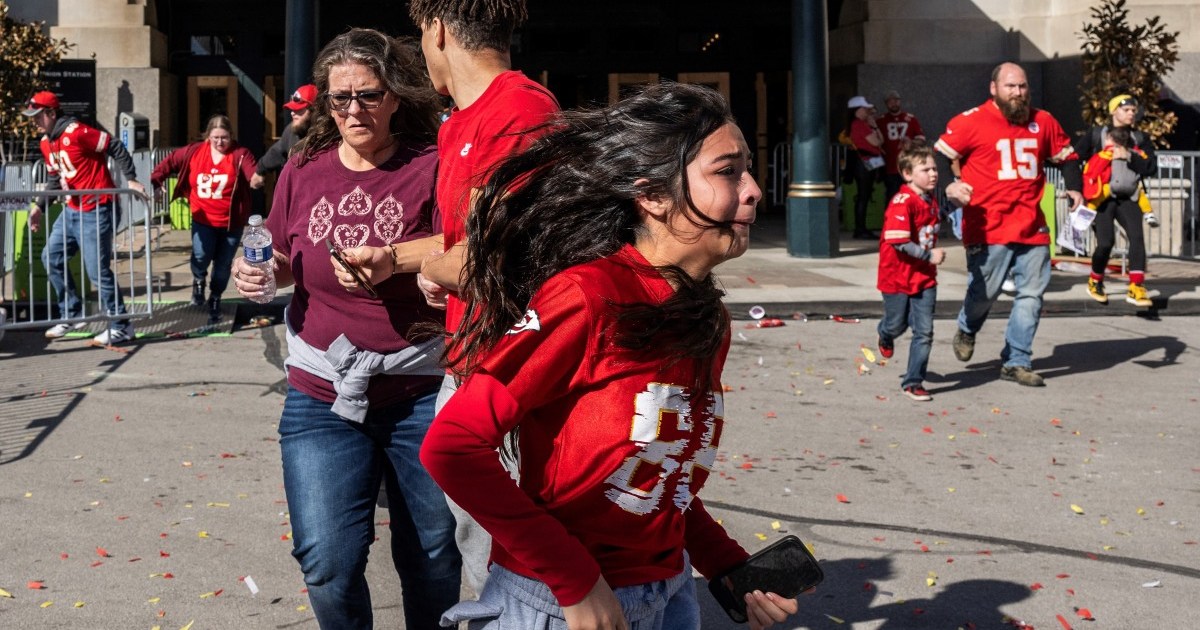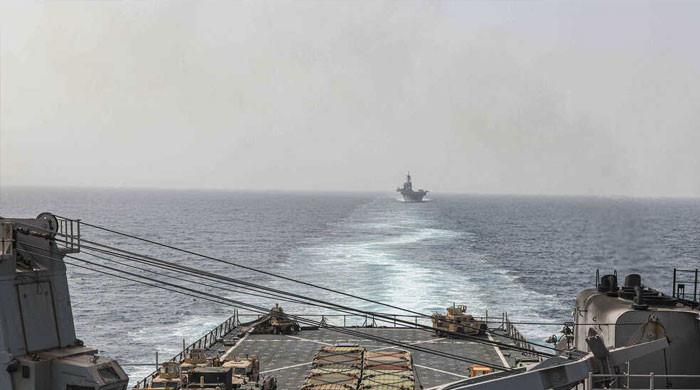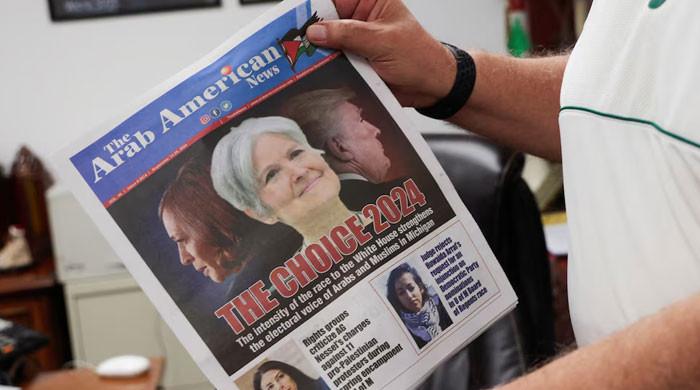When dawn breaks in the Mediterranean, surfers paddle out, scanning the pink horizon for waves.
Forty miles to the south, war rages in Gaza, with tens of thousands dead and wounded and a third of the enclave reduced to rubble.
But here in Tel Aviv, the conflict seems deceptively distant. The sky is clear and without fighter planes. People travel to work and school. They take their dogs for a walk. Crowd bars. Relax in yoga.
Newspapers and television channels offer almost constant coverage of Hamas' surprise attack on Israel on October 7: the 1,200 people who died that day, the dozens of hostages who were dragged to Gaza and the army of reservists who have been called to struggle. Israel's retaliation war.
But the cost of that war to Gaza's civilians is largely out of sight. Most media here do not highlight the growing death toll caused by the conflict or the growing threat of hunger and disease. They publish images of Israeli soldiers sitting on top of tanks and breaking into buildings, but not of the victims of Israeli bullets and bombs.
Palestinians evacuate the wounded after an Israeli airstrike in Gaza on October 12, 2023.
(Hatem Ali / Associated Press)
For many Israelis, their perception of the military campaign in Gaza “is not tied to human faces or human stories or the death toll, hunger and thirst,” said journalist Haggai Matar, whose online magazine +972 It is one of the few Israeli media outlets. highlighting the Palestinian experience of war.
“The whole world is seeing what is really happening in Gaza,” he said. “But not the Israelis.”
The reasons are layered and linked to the wartime nationalist mentality that has gripped much of the country, as well as an unprecedented government campaign to stifle criticism of the conflict.
There is also the fact that few here have had contact with Palestinians in Gaza, thanks to a blockade that Israel imposed in 2007 to greatly limit the movement of goods and people in and out of the enclave.
And then there is the issue of trauma.
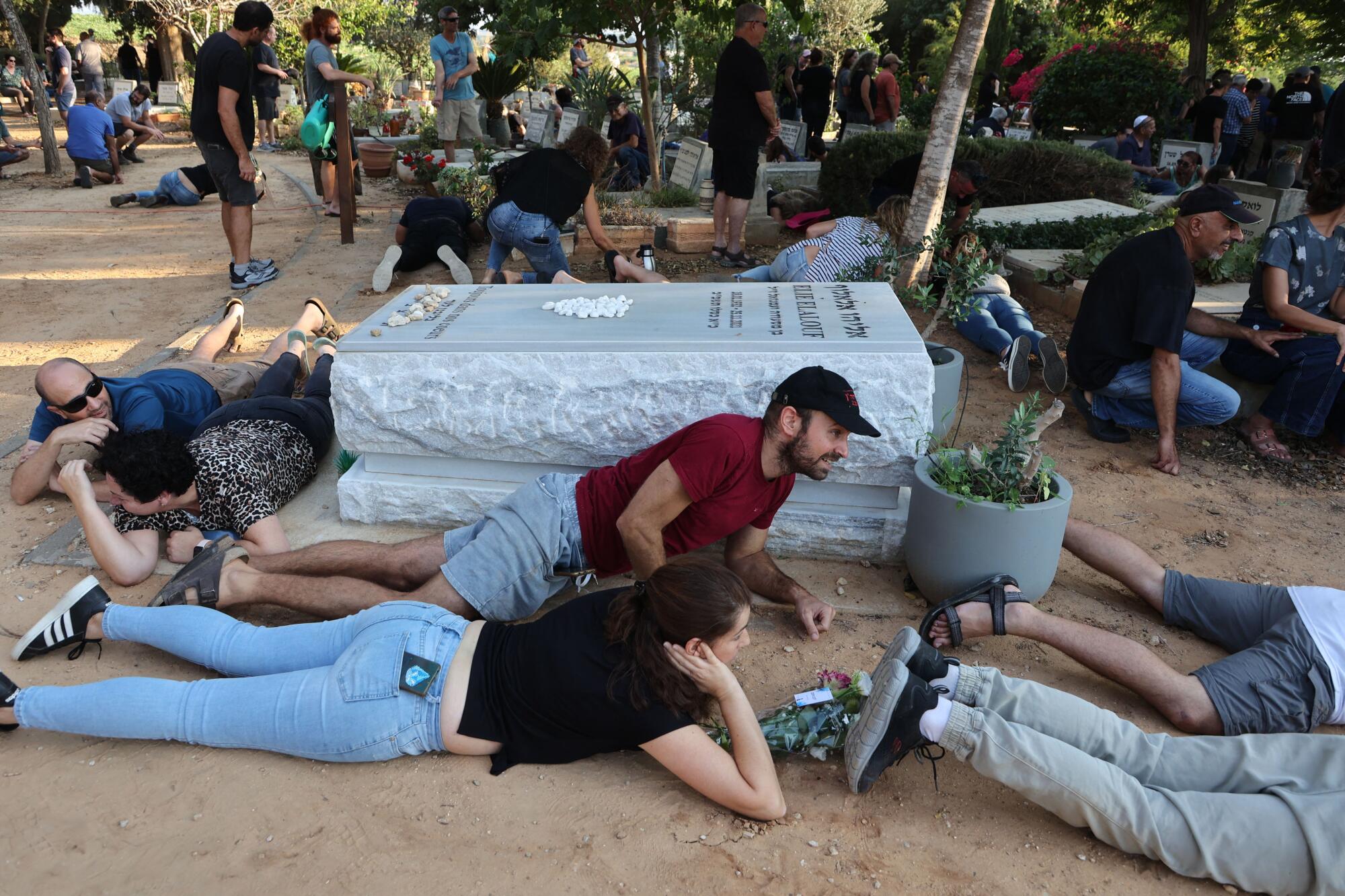
Israelis duck for cover as they hear sirens warning of incoming rockets during the funeral of a man killed during the Hamas attack on October 7.
(Gil Cohen-Magen / AFP/Getty Images)
Many Israelis are still raw from the October 7 attacks, their sense of security and trust in their government shattered and their empathy for others low.
“I'm sorry for the civilian population there, but after October 7 my grandson spent the nights sleeping in a bomb shelter,” said Dalit Srebrnik, 69, who on a recent rainy afternoon huddled with her husband in Tel Aviv at an event which marks 100 days since the hostages were taken to Gaza.
“It's a war,” he said. “And in war both sides are hurt.”
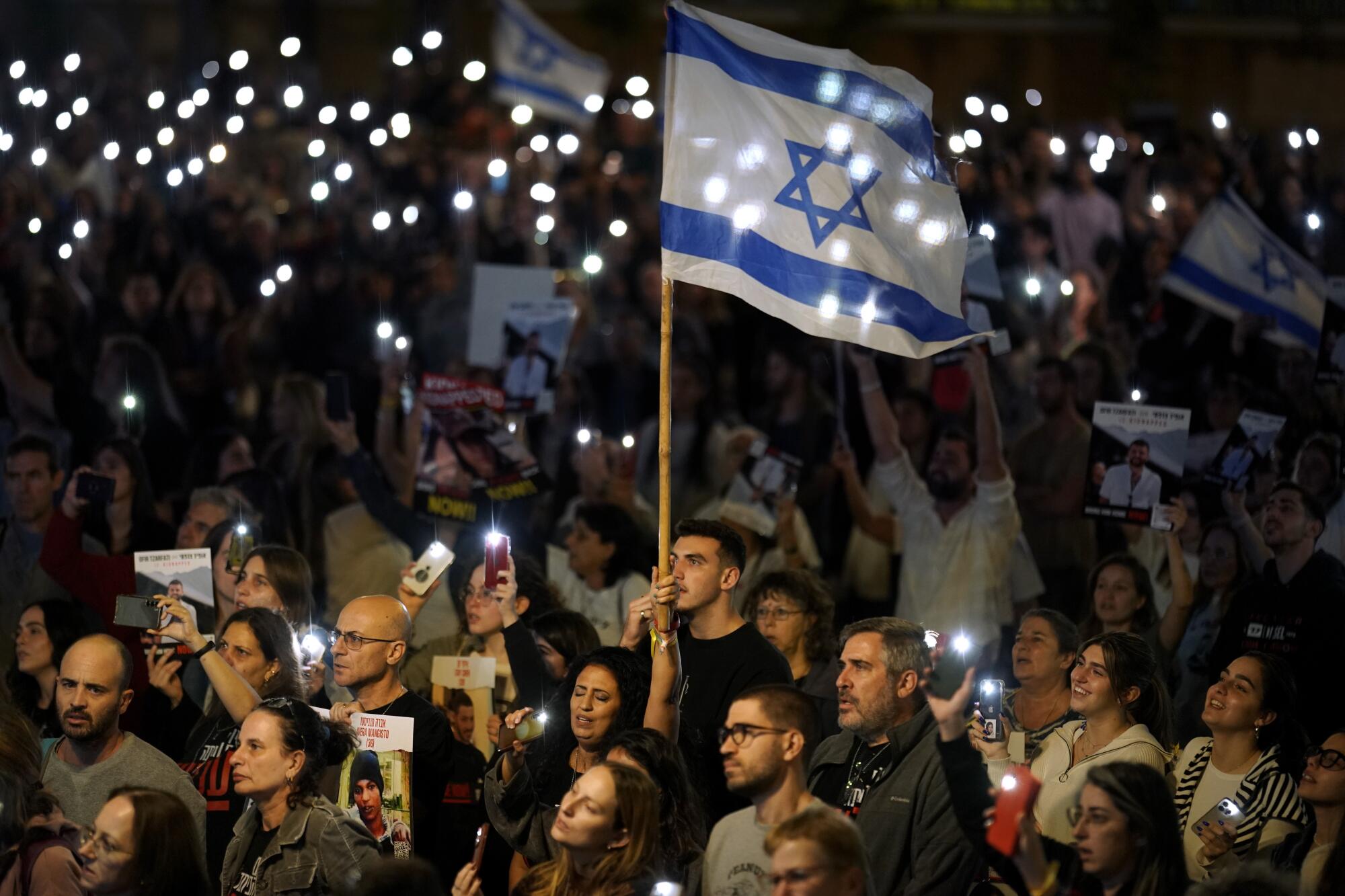
People participate in a show of solidarity with the hostages held in the Gaza Strip.
(Leo Correa/Associated Press)
The public disconnect with the plight of civilians in Gaza has left Israel out of step with much of the rest of the world, where many see Israel's response to the Hamas attack as increasingly excessive.
Globally, international support for a ceasefire has increased as the civilian cost of Israel's ground and air offensive has come into focus. As Gaza health authorities report the deaths of more than 25,000 Palestinians (including 16,000 women and children), experts say the siege has been one of the deadliest and most destructive military campaigns in recent history.
Outside Israel, scenes of bloodied and traumatized children have circulated widely online, enlisting a new generation of young people to the Palestinian cause. Meanwhile, the media here is more typically dominated by tributes to Israeli soldiers, often accompanied by one of the country's most popular new songs: a pro-war hip-hop anthem whose lyrics warn: “We've brought everyone the army against you, and we swear that there will be no forgiveness.”
When South Africa brought a genocide case against Israel to the International Court of Justice this month, the reaction here was not just anger and accusations of anti-Semitism, but also disbelief. The Jerusalem Post's front page showed a photograph of the bodies of children killed during the Hamas attack with a question: “Isn't this the true face of genocide?”
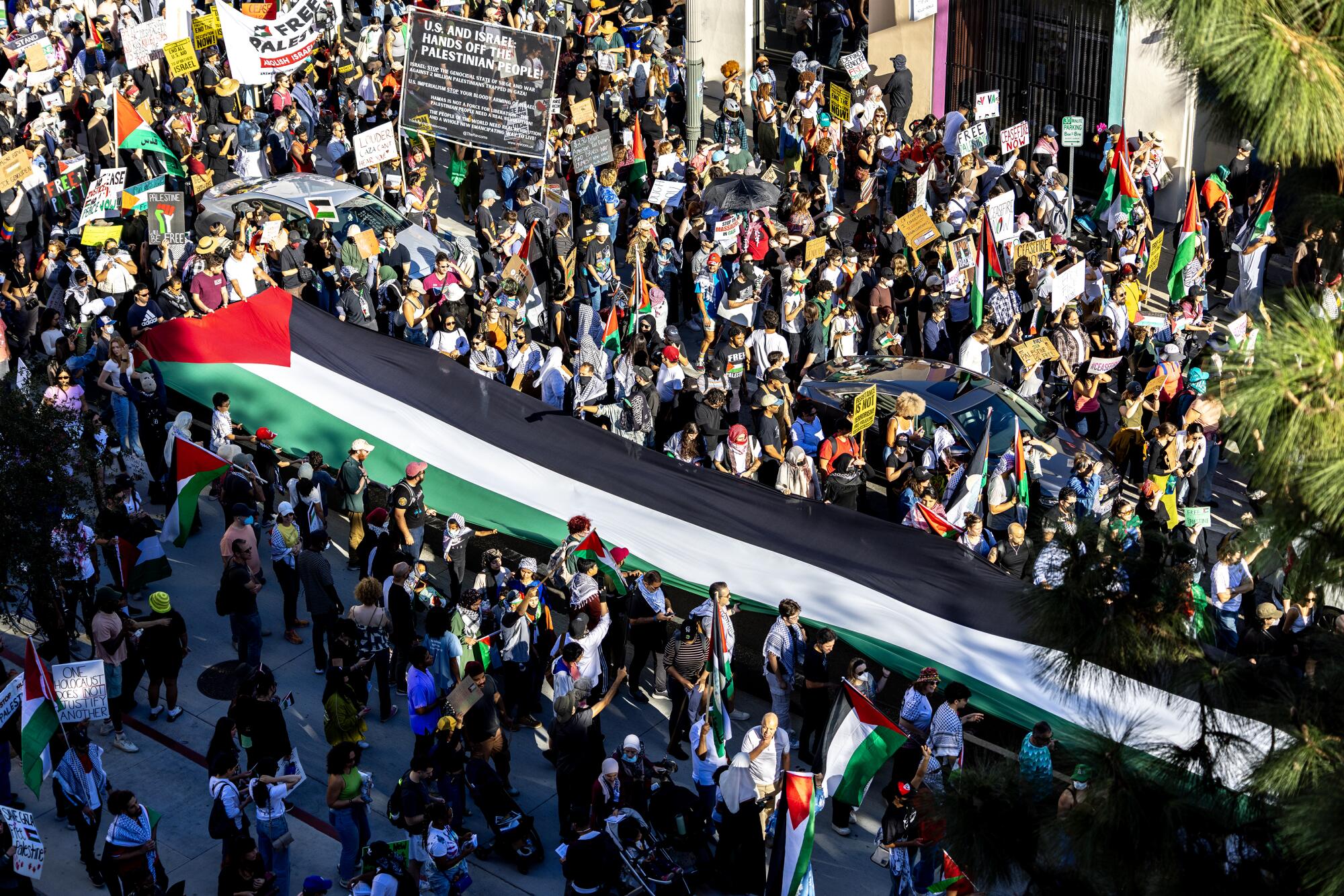
Protesters carry a large Palestinian flag through downtown Los Angeles to protest the death toll in the Gaza conflict.
(Gina Ferazzi / Los Angeles Times)
“Many of us here are very angry because the world seems to be looking at this backwards,” said Oded, a tech worker who asked to be identified only by his first name because of the sensitive nature of the issue.
“It's a tragedy,” he said of the large-scale destruction in Gaza. “I'm not saying it's not.”
“But the problem I think people here have is that, on the one hand, we feel sorry for them, but, on the other hand, we wonder how they feel. Do the majority of civilians in Gaza support Hamas? And if so, are they not themselves an enemy?
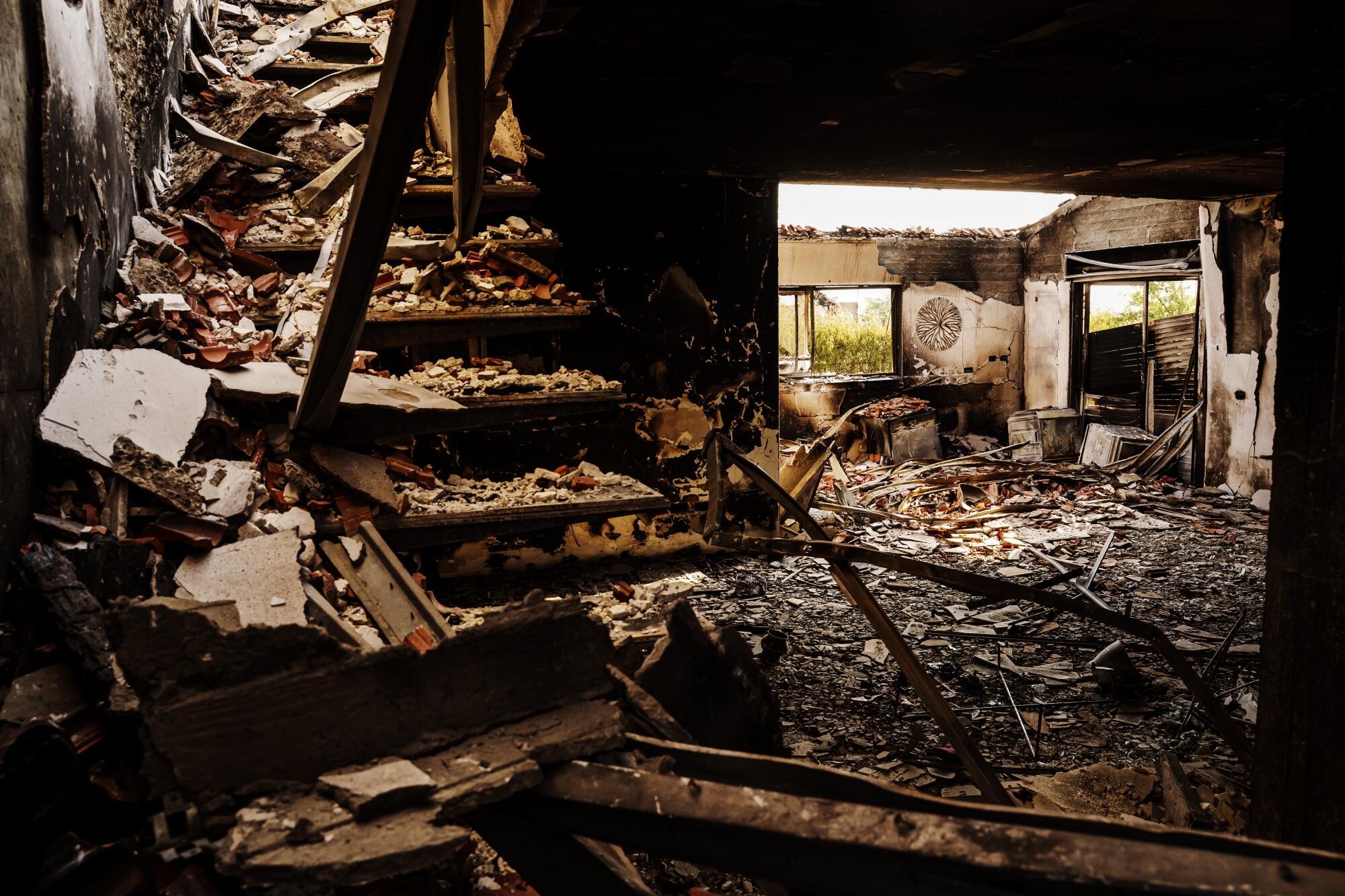
Inside a burned house in Beeri, Israel, one of the places where Hamas militants massacred civilians on October 7.
(Marcus Yam/Los Angeles Times)
Amira Haas, a reporter for the leftist Haaretz newspaper who covers the occupied Palestinian territories, said it is not unusual in war for one side to minimize the suffering of the other.
“It's natural that people don't want to know,” he said.
But she believes Israelis' ability to look the other way now is part of a larger problem: a deepening disconnection among many here from the harsh reality of Israel's occupation.
“Most people relate to the Palestinians not as an occupied people, but as a foreign entity hostile to Israel,” Haas said. They view the war with Hamas not so much as a conflict with historical antecedents, she said, but rather as part of a “universal fight against terrorism.”
She blames that detachment in part on Israeli journalists who have stopped covering the occupied territories. And during times of war, she said, many journalists seem to think that their job is to support Israel's war effort.
One journalist, Ben Caspit, recently said on Twitter that Israeli media should not cover Gazans at all.
“Why should we focus our attention [to Gaza]?” Caspit wrote. “They have deservedly earned that hell and I don't have a single milligram of empathy.”
Meanwhile, the small number of Israelis seeking to raise awareness about the plight of civilians in Gaza have faced heavy criticism and more from Israel's right-wing government. The Minister of National Security, Itamar Ben-Gvir, has described those who ask for peace: “internal enemies.”
Last week, inside a cramped office hidden behind a hardware store in Tel Aviv, a group of Arab and Jewish activists prepared for a protest march, preparing banners that read: “Only peace will bring security.”
The activists, who belong to a group called Standing Together, were nervous.
“We are concerned about police brutality and right-wing violence,” said Alon-Lee Green, the group's national co-director.
Police had refused to issue permits to the group for a previously planned march. This had been allowed by the Superior Court of Justice after civil rights lawyers intervened. In other anti-war demonstrations across Israel, police arrested and beat protesters. In October, Israel Police Commissioner Kobi Shabtai warned that his officers would arrest “anyone who dared, in his extreme audacity, to seek approval to hold a demonstration in support of Gaza.”
“For those who want to support Gaza, we will organize a bus to the Gaza Strip,” he said.
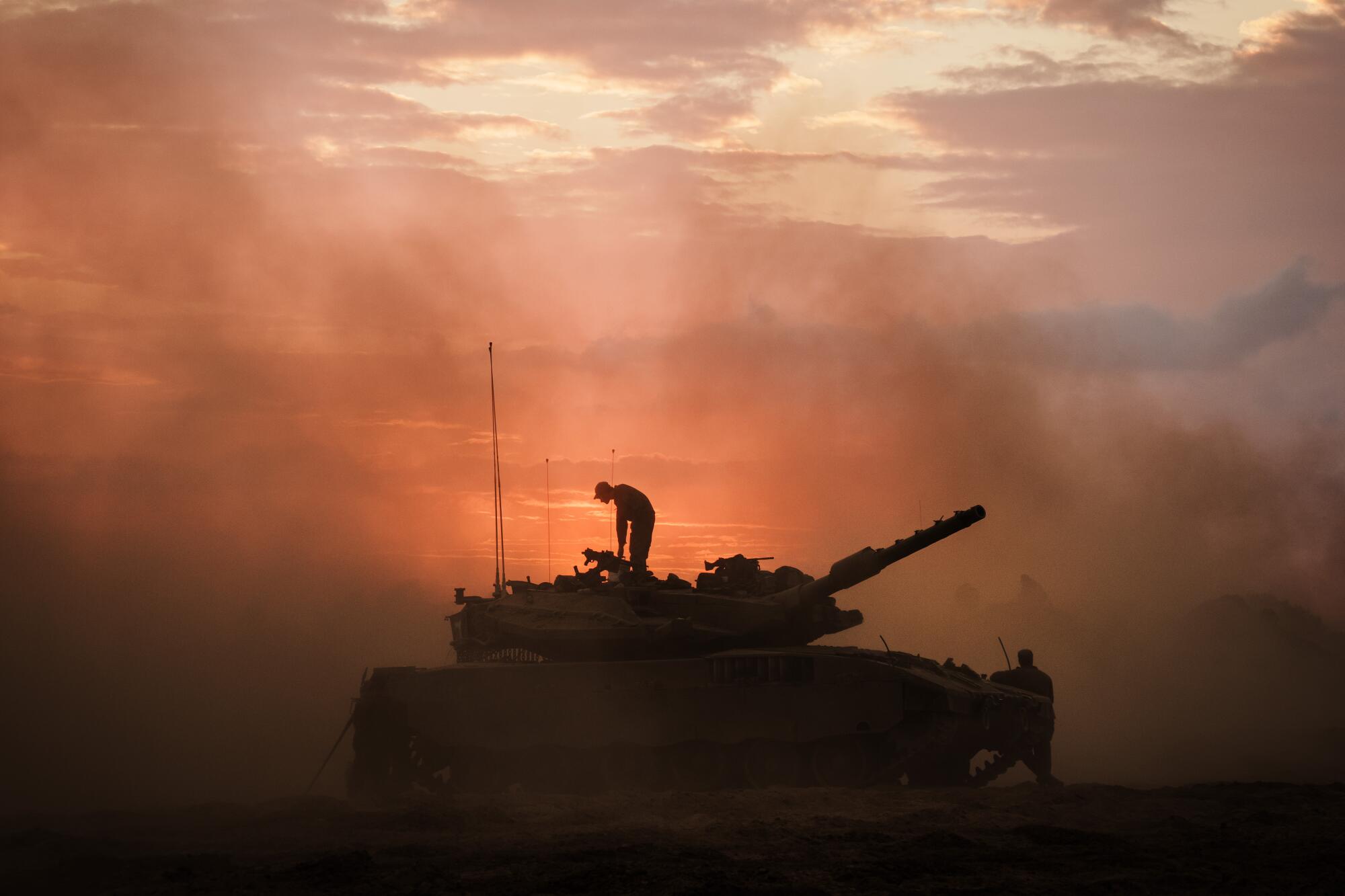
Israeli tank units regroup near the Gaza border in southern Israel on October 14, 2023.
(Marcus Yam/Los Angeles Times)
Green said Israel's government and many of its institutions have adopted double standards in the months since October 7. Israelis – particularly Arab citizens – have been arrested, expelled from universities and fired from their jobs for speaking out about the plight of Gazans. But some of the war's most extreme supporters have adopted violent rhetoric with virtually no consequences.
He cited a radical right group that operates a Telegram channel called “Nazi Hunters,” which has called for the murder of Israeli Arabs considered Gaza sympathizers.
“You could be expelled from school for saying you sympathize with the children of Gaza,” Green said. “But if you say, 'Delete Gaza,' or 'Everyone there should die,' that's fine.”
As night fell, he and his colleagues gathered with a few thousand protesters in a downtown square.
As they marched through the city, they were met by hecklers, including a woman who shouted, “They are murderers, they are murderers. What happens to the hostages? An angry police commander ripped off a protester's knit hat displaying the Israeli and Palestinian flags.
Finally, the group gathered for a round of speeches. One of them asked her fellow Israelis to show compassion. “Why is no one talking about Gaza and the number of people who have died?” she asked. “How can we live with ourselves?”

